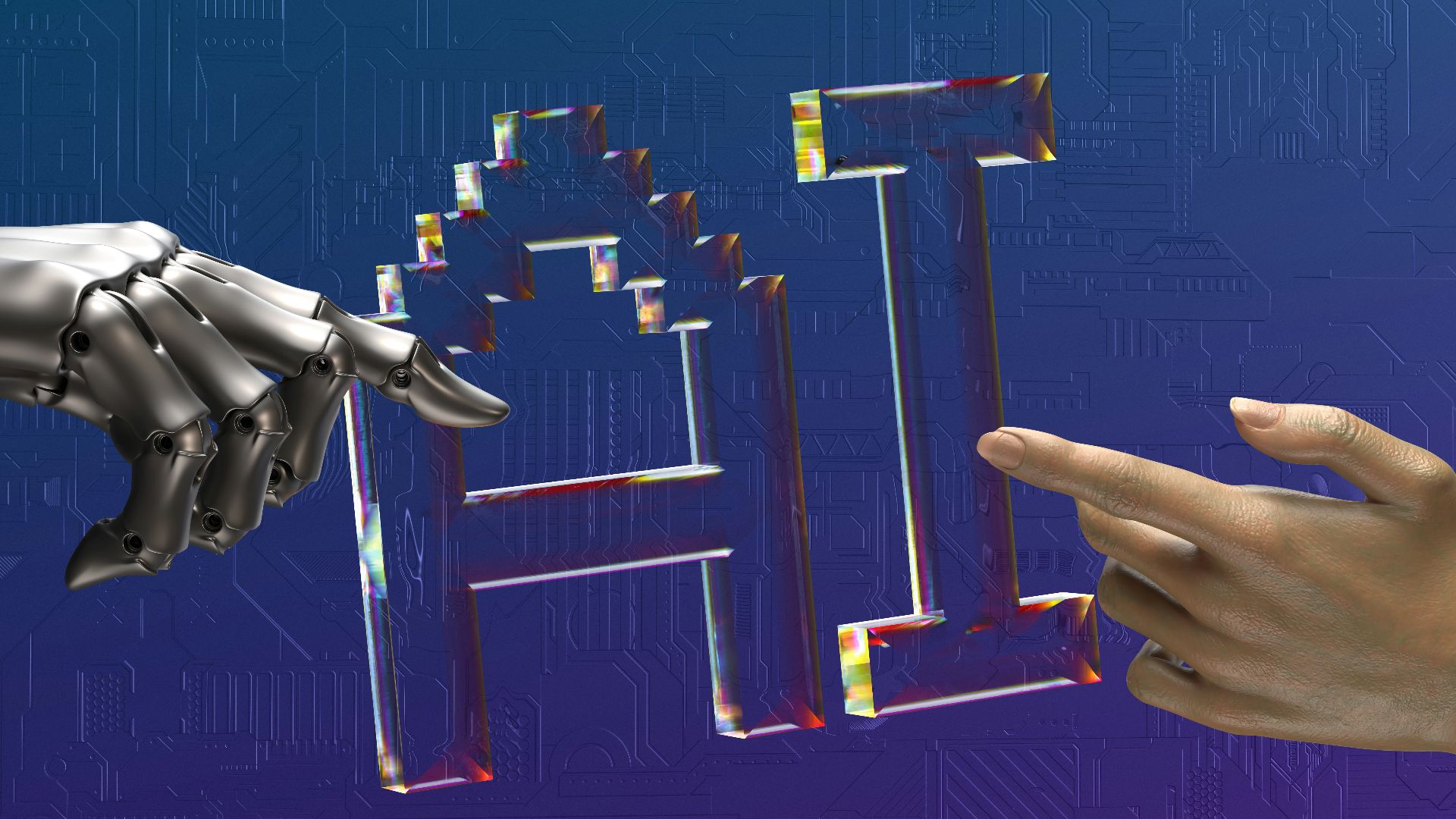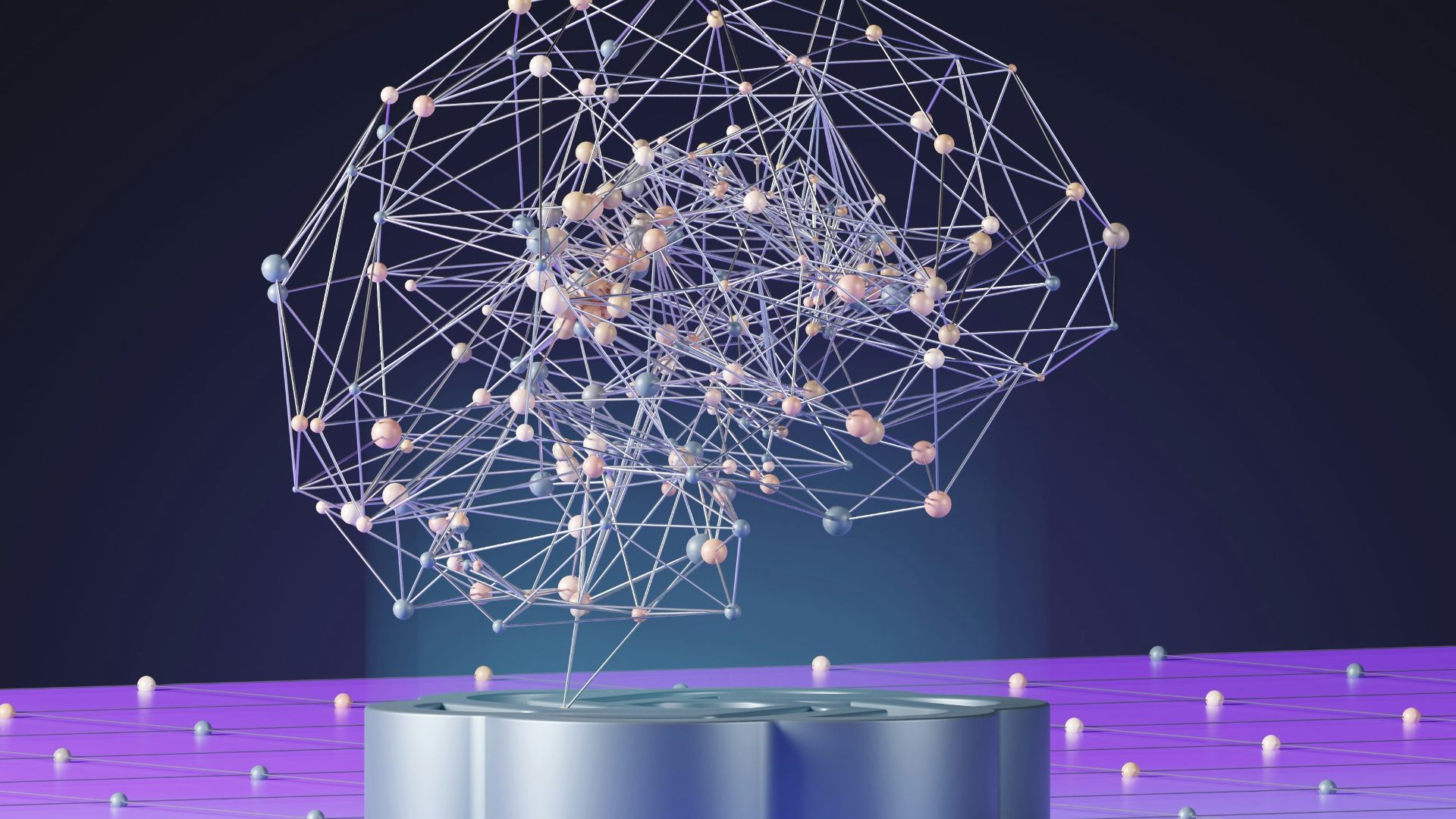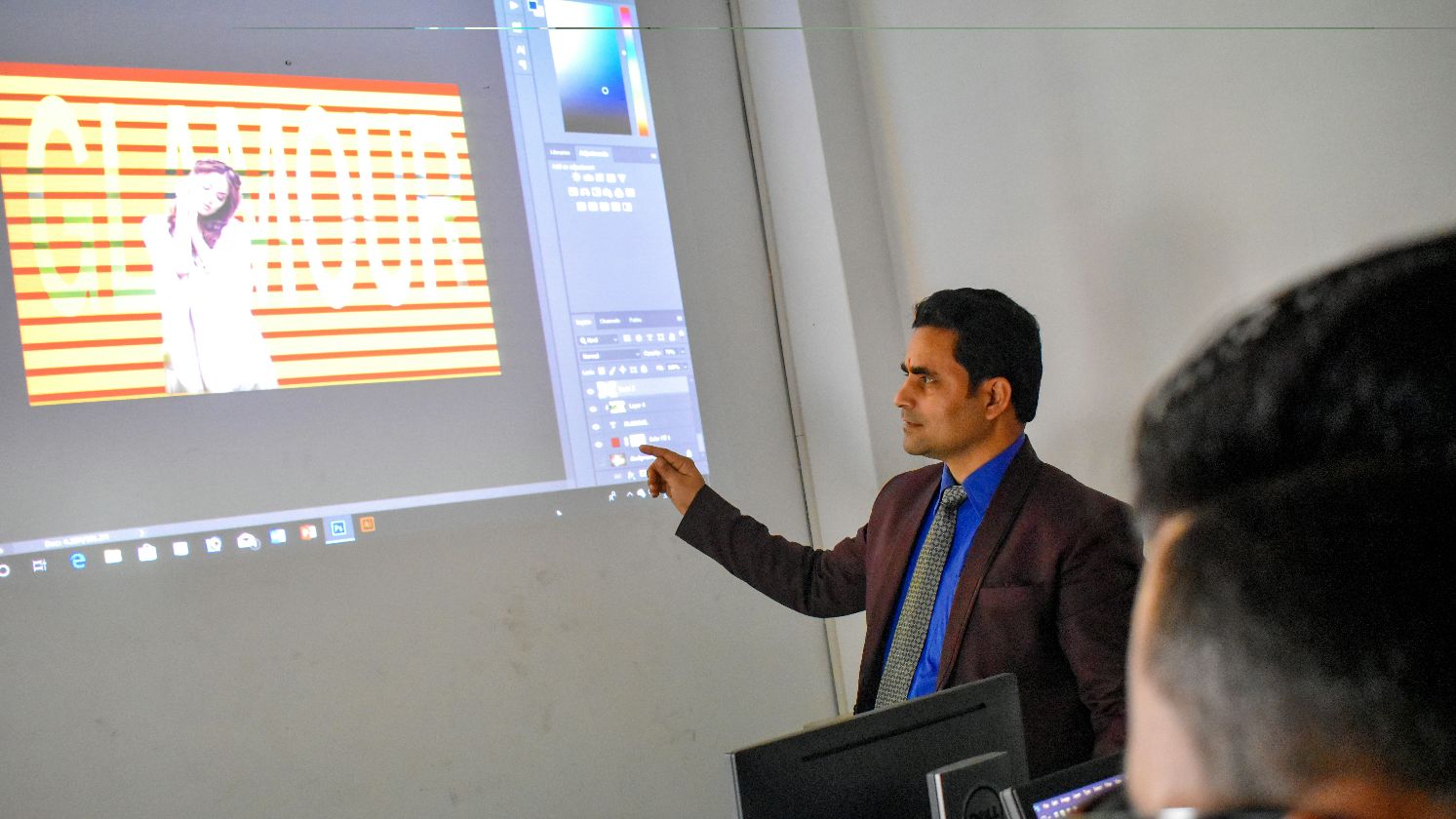The Downside of AI
AI is a powerful and awe-inspiring technology, but it’s important to remember that it’s also imperfect and limited. In fact, in many ways, AI can make things worse instead of better. With that in mind, here are five ways in which AI falls short and causes more harm than good.
1. Cybersecurity
Bad actors may leverage AI to create advanced cyberattacks, which can include voice cloning, impersonation, and more persuasive phishing schemes. While generative AI use and experimentation are being rapidly adopted, only a small proportion of projects are being secured correctly. Organizations may face large costs, with data breaches reaching millions of dollars, without implementing the correct security measures.
2. Environmental Issues
AI's negative environmental impacts may lead to long-term damage to the planet. Training large models and performing complicated calculations use a large amount of energy. AI's computations also require data centers that need millions of liters of water to cool the servers' generated heat.
3. Stealing
Generative AI is capable of mimicking creative output. This means it can produce images, music, and writing that look or sound like the work of an artist. Intellectual property law is not clear-cut when it comes to who owns something that's fully or partially generated by AI.
4. Job Loss
AI is transforming the job market, creating new opportunities while also posing risks of automation-driven job displacement. As new roles emerge in areas such as machine learning, robotics, and digital transformation, traditional positions in clerical work, data entry, and customer service face the threat of decline. To navigate this shift, organizations can prioritize using AI to augment and enhance human work rather than seeking complete automation.
5. Lack of Transparency
AI can be a “black box,” and the decision-making process can remain hidden and incomprehensible to many, even experts. The system can be totally unable to explain what leads to certain conclusions and predictions. The result is uncertainty, a lack of trust, and the inability to clearly see and eliminate risks.













